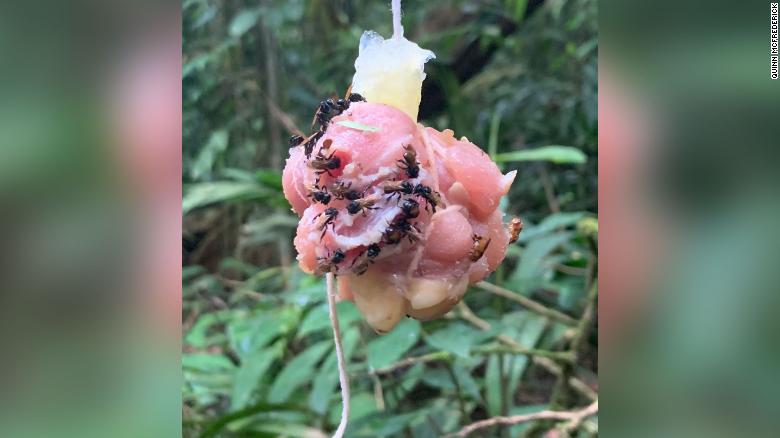The Islamic State claimed responsibility for a suicide car bombing Monday in Yemen that killed more than 50 people and provided the latest, brutal blow to an Arabian Peninsula nation besieged by war and poverty.
Aden-Abyan Province of the Islamic State, the Yemeni branch of the group, said the strike targeted a militia recruitment center in the southern port city of Aden.
Doctors without Borders tweeted that the organization’s Aden hospital had received 45 dead and at least 60 wounded patients. Yemen’s Health Ministry said at least 54 died.
The blast rocked a compound where conscripts of the Popular Committees, tribal forces allied to President Abd-Rabbu Mansour Hadi, had gathered. The soldiers are trained in the area before being sent into battle against rebel Shiite Houthi forces.
The White House issued a statement condemning the attack, accusing the Islamic State and al-Qaida of “exploiting the political and security vacuum” in Yemen.
“It is critical for the parties in Yemen to bring a halt to the fighting as soon as possible and finalize an agreement … that achieves a lasting peace with support from the region and the international community more broadly,” the statement said.
The Houthis, backed by Iran and supporting former president Ali Abdullah Saleh, seized control of the capital, Sana’a, two years ago. Four months later they forced the resignation of Hadi, who now operates an internationally recognized government, backed by a Saudi-led military coalition, out of Aden.
Civil war soon followed. Now the country is divided – the Houthis rule the north, and Hadi’s government controls most of the southern region.
Al-Qaeda in the Arabian Peninsula supports neither leader and has staged deadly assaults from its strongholds in the south. The Islamic State has also seized opportunity amid the chaos, conducting numerous suicide bombings and attacks in the Sunni-majority nation.
The result has been devastation and an economy in collapse. The United Nations says fighting since March 2015 has resulted in 6,500 deaths and driven 3 million people from their homes. Half of Yemen’s 26 million people are in immediate need of “life-saving assistance,” the U.N. said in a June report.
“The humanitarian situation in Yemen is among the world’s worst crises,” said Jamie McGoldrick, the U.N. humanitarian coordinator for Yemen. “The scale and intensity of the humanitarian situation here is bleak – and by many measures it’s continuing to get worse.”
A wobbly, U.N.-mediated ceasefire that began in April fell apart three weeks ago after U.N. Special Envoy Ismail Ould Cheikh Ahmed announced a one-month break in the talks. Airstrikes and ground fighting have escalated since, prompting U.N. Secretary-General Ban Ki Moon twice since Aug. 6 to urge all parties to immediately cease “hostilities” and return to direct talks.
The U.S. has supported the Saudi-led coalition with logistical support and arms sales. U.S. Secretary of State John Kerry last week encouraged a return to talks based on a plan to include the Houthis in a unity government. Houthi leaders expressed interest but want more details. Meanwhile, the violence continues.
“Civilians, including children, are paying the heaviest price in the ongoing conflict, as civilian infrastructure, such as schools and hospitals, continue to be hit,” Moon said.
The victims of Monday’s blast had gathered near two schools and a mosque when a pickup accelerated through the building’s gate, exploding in the crowd, witnesses told the Associated Press.
“Bodies and body parts are scattered all over the place,” said Mohammed Osman, a neighbor who rushed to the scene. “It was a massacre.”
[Source:-USA Today]






